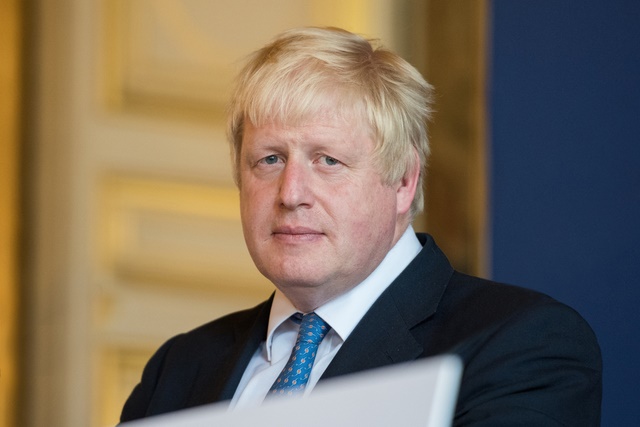GBP/EUR Exchange Rate Muted Ahead of Johnson Speech
The Pound Euro (GBP/EUR) exchange rate is currently rangebound this morning as Boris Johnson is detail his ‘final’ Brexit offer to the EU.
At the time of writing the GBP/EUR exchange rate is trading at around €1.1232, leaving the pairing trading at the start of the week.
Johnson’s Tory Conference Speech to Infuse Fresh Volatility in the Pound (GBP)?
All eyes are on UK Prime Minister Boris Johnson today as he makes his keynote speech at the Conservative party conference at midday.
Johnson is expected to use the speech to outline his ‘final’ Brexit offer to the EU and as a result is likely to act as the main catalyst of movement in the Pound (GBP) today.
While the PM will call for a ‘fair and reasonable compromise’ on Brexit, analysts have expressed doubts that the proposals will be received warmly by the EU.
Malcolm Barr, economist at JPMorgan Chase suggests:
‘Although the UK has moved towards the EU position a little, we doubt the EU will regard it as viable basis upon which to begin a detailed negotiation at this stage.
‘As we wrote yesterday, expect acrimony to ensue. According to some media reports, the UK is set to withdraw from the talks if the EU do not respond positively to the proposal outlined today.’
Should the UK withdraw from talks as reports suggest, then Sterling could enter freefall as the risks of a no-deal Brexit grow exponentially higher.
Will a Rebound in Retail Sales Provide a Modest Lift for the Euro (EUR)?
The Euro (EUR) may struggle to find momentum in the mid-week amidst a lull in notable economic data.
However turning to the latter half of the week we could see the publication of the Eurozone’s latest retail sales figures impact the single currency.
Economists forecast sales growth in the bloc will have rebounded from -0.6% to 0.3% in August, potentially helping to boost the appeal of the Euro as it helps to quell concerns that poor consumer spending could drag on the Eurozone economy in the third quarter.
Also to come in the second half of the week however will be the Eurozone’s final PMI figures for September, which could limit any upside in the Euro if they confirm private sector growth in the bloc came close to stagnating last month.


Comments are closed.